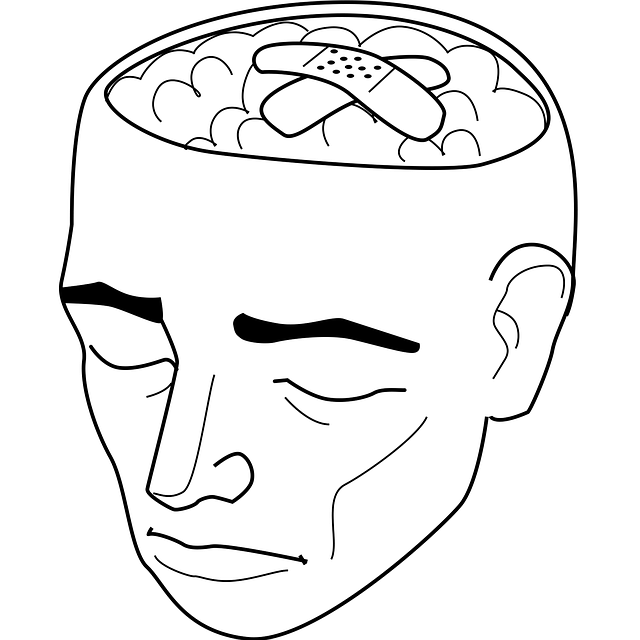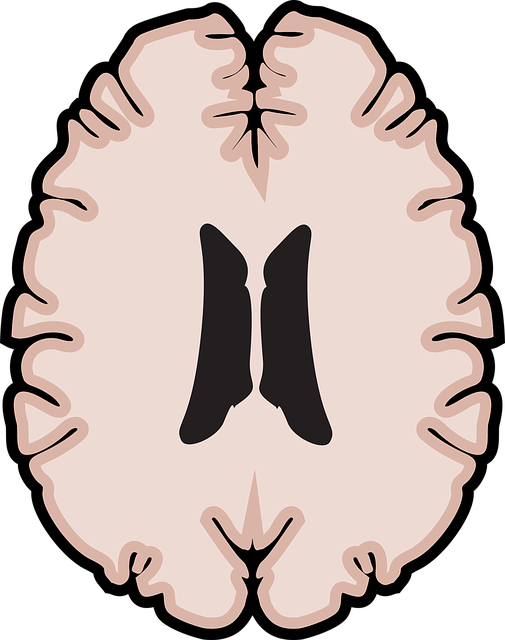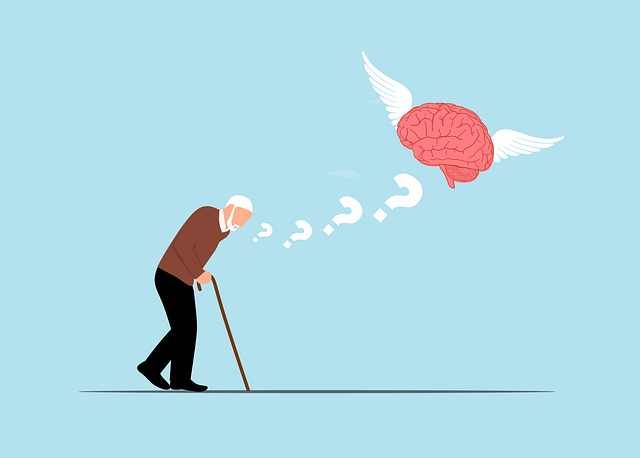Broomfield Adolescent and Teen Therapy focuses on empowering young people with robust coping skills, building resilience, and enhancing emotional regulation through evidence-based practices. This approach incorporates cultural sensitivity, mindfulness, cognitive reframing, risk management, and mental health education to help adolescents navigate life challenges effectively and foster long-term well-being.
Coping skills development is a cornerstone of mental well-being, especially for adolescents and teens navigating life’s challenges. This article explores three key aspects: understanding coping skills, the Broomfield Adolescent and Teen Therapy approach, and implementing strategies for long-term resilience. Discover how these methods empower young individuals to face stressors with efficacy, fostering adaptability and enhancing overall emotional health. Adopt evidence-based techniques from Broomfield Adolescent and Teen Therapy to support vulnerable youth in their journey towards resilience.
- Understanding Coping Skills: A Cornerstone of Mental Well-being
- The Broomfield Adolescent and Teen Therapy Approach to Skill Development
- Implementing and Strengthening Coping Strategies for Long-term Resilience
Understanding Coping Skills: A Cornerstone of Mental Well-being

Coping skills are essential tools that enable individuals to navigate life’s challenges and maintain mental well-being. Understanding coping mechanisms is a cornerstone in adolescent and teen therapy, as it equips young people with strategies to manage stress, anxiety, and difficult emotions. Broomfield Adolescent and Teen Therapy emphasizes the importance of teaching these skills early on, fostering resilience, and promoting healthy emotional regulation.
Effective coping strategies can range from simple relaxation techniques to more complex problem-solving approaches. Crisis intervention guidance often incorporates these skills to help individuals de-escalate during intense moments. Risk assessment for mental health professionals plays a crucial role in identifying when an individual might benefit from additional support, ensuring timely intervention and effective mood management.
The Broomfield Adolescent and Teen Therapy Approach to Skill Development

The Broomfield Adolescent and Teen Therapy Approach to Skill Development focuses on empowering young individuals to navigate life’s challenges effectively. This therapeutic model recognizes that adolescents and teens are unique in their ability to adapt and grow, and it leverages this resilience through targeted interventions. The approach prioritizes a Cultural Sensitivity in Mental Healthcare Practice, understanding the impact of cultural background on mental health and well-being. Therapists work collaboratively with clients, incorporating techniques from various evidence-based practices to foster personal growth.
By engaging in Mental Health Education Programs Design tailored to their needs, young people gain valuable coping strategies and a deeper understanding of their emotional states. This holistic process goes beyond addressing symptoms; it equips individuals with long-lasting self-care practices, enabling them to thrive even outside the therapeutic setting. Encouraging self-awareness and resilience, this approach prepares adolescents for successful transitions into adulthood while promoting overall mental well-being.
Implementing and Strengthening Coping Strategies for Long-term Resilience

Implementing and strengthening coping strategies is essential for fostering long-term resilience in adolescents and teens. At Broomfield Adolescent and Teen Therapy, we emphasize the integration of effective coping mechanisms as a cornerstone of our therapeutic approach. By teaching young individuals to recognize and manage their emotions, we empower them to navigate challenging situations with adaptability and composure. This involves encouraging the development of emotional intelligence, enabling clients to understand and express their feelings constructively.
Through individual and group therapy sessions, our mental health professionals guide patients in exploring and adopting a range of coping strategies tailored to their unique needs. This may include techniques such as mindfulness practices, cognitive reframing, and positive thinking exercises. Additionally, we facilitate risk management planning, equipping adolescents with tools to anticipate and mitigate potential triggers or stressors. By consistently reinforcing these adaptive behaviors, we aim to enhance overall mental well-being and foster a sense of empowerment that extends beyond the therapy setting.
Coping skills development, as highlighted by the Broomfield Adolescent and Teen Therapy approach, is a powerful tool for fostering mental well-being. By understanding and implementing effective strategies, individuals can navigate challenges with resilience and adaptability. This article has explored the significance of coping skills, offering insights into how a structured therapy approach can empower teenagers to manage stress, anxiety, and difficult emotions. With consistent practice, these skills can become a lasting foundation for overall mental health and long-term personal growth.














